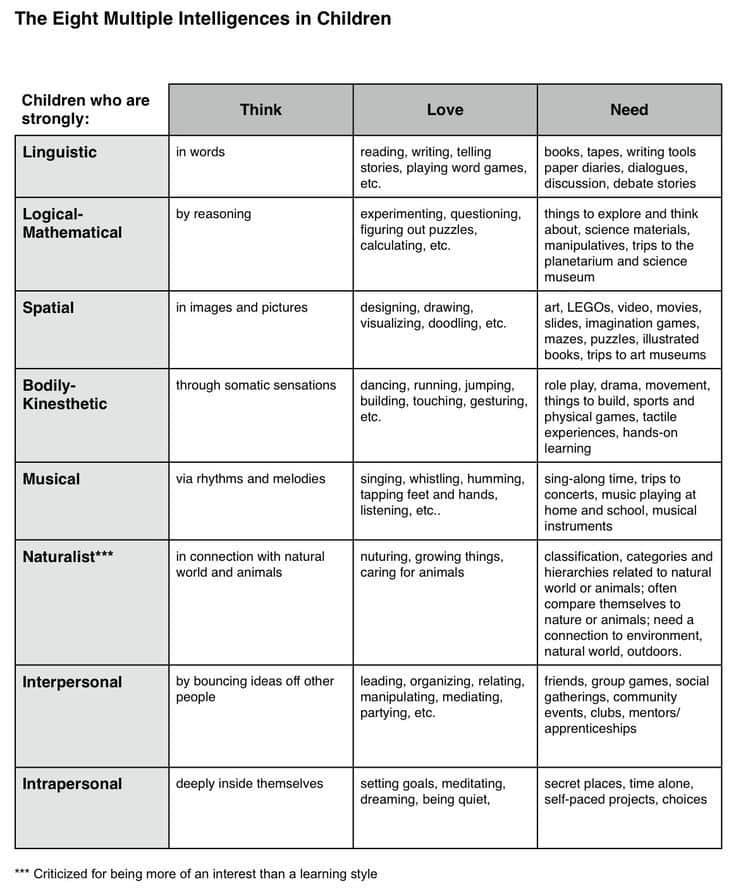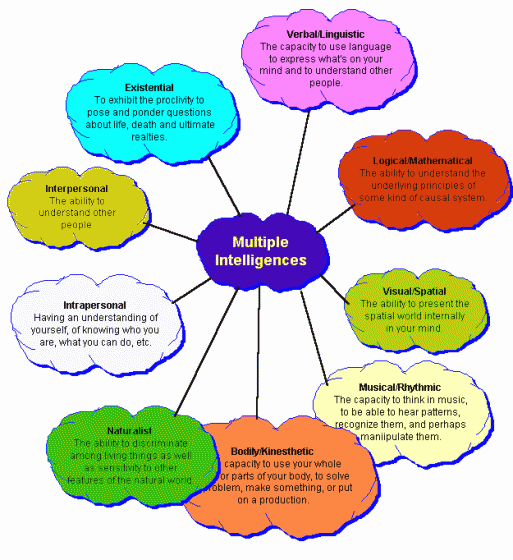-
Gallery of Images:

-
welcome to the psychology of learning mathematic world. Let's have fun with our mathematical thinking. If you have ideas and anything interesting about mathematics, let us share together. The task of psychology of mathematics learning is to find the regularity of mathematics learning and make students mastering learning regularity and methods. Psychology of mathematics learning is. This classic text presents problems of learning and teaching mathematics from both a psychological and mathematical perspective. The Psychology of Learning Mathematics, already translated into six languages (including Chinese and Japanese), has been revised for this American Edition to include the author's most recent findings on the formation of mathematical concepts, different kinds of. The Psychology of Learning Mathematics, already translated into six languages (including Chinese and Japanese), has been revised for this American Edition to include the author's most recent findings on the formation of mathematical concepts, different kinds of imagery, interpersonal and emotional factors, and a new model of intelligence. The European Society for Psychology Learning and Teaching (ESPLAT) was founded in 2017. ESPLAT aims to advance the learning and teaching of psychology at all educational levels, and to provide a forum to engage researchers and teachers of psychology in communication and exchange. Mathematics is also beginning to be more widely used in some of the more 'theoretical' aspects of psychology. For exampple, machine learning techniques which use advanced mathematics (nearest neighbor algorithms, decision trees, support vector machines) can be seen as simple models of the ways in which our brains make decisions. The Psychology of Learning Mathematics, Richard r, Skemp Ebook download as PDF File (. psychology mathematics Title: Research Symposium on Mathematics Education; The Psychology of learning and teaching mathematics; 1962 Author: Skemp, Richard R. Educational psychology is the branch of psychology concerned with the scientific study of learning how we learn. Educational Psychologists use their knowledge of psychology and child development to assess difficulties children may be having with their learning. Berikut adalah File terjemahan Buku Skemp The Psychology of Learning Mathematics. File terjemahan ini dibuat demi kemudahan dalam belajar psikologi belajar matematika. The Psychology of Learning Mathematics, 1986, 295 pages, Richard R. Skemp, , , Penguin Books, Limited, 1986 Soviet Studies in the Psychology of Learning and Teaching Mathematics: Problem solving in arithmetic and algebra, Izaak Wirszup, School Mathematics Study Group, 1969, Educational. Psychology of Learning Mathematics hats0fyou. Learning Methods (Hindi) Mathematics Pedagogy# 2 How Students Learn: Strategies for Teaching from the Psychology of Learning Duration. The International Group for the Psychology of Mathematics Education (PME), is a group of researchers, established in 1976 at the International Congress on Mathematics. In 2007, APA and the Society for Research in Child Development formed the Presidential Task Force on Mathematics and Science to examine the role of psychology in mathematics and science education. Appointed by the 2007 APA President Sharon Stephens Brehm, PhD, the. The Psychology of Learning Mathematics, already translated into six languages (including Chinese and Japanese), has been revised for this American Edition to include the author's most recent findings on the formation of mathematical concepts, different kinds of imagery, interpersonal and emotional factors, and a new model of intelligence. The Psychology of Learning Mathematics, already translated into six languages (including Chinese and Japanese), has been revised for this American Edition to include the author's most recent findings on the formation of mathematical concepts, dif It is clear that the learning and teaching of mathematics lies at the core of PME research, and that cognitive psychology generally forms the basis of the theoretical framework as well as most of the methodological tools, the The Psychology of Mathematics and Mathematics for Psychologists Luc Delbeke context of teaching mathematicsrelated subjects to psychology students will be in order. According to Meier (1993) the results of Aiken et al. graduate learning mathematics or mathematically oriented study material. Cumulative learning theory consisted to rational task analysis and empirical task analysis that have effected in learning and teaching mathematics. In educational psychology there are many learning theories but in this paper I am going to mention some of them. Mathematical psychology is an approach to psychological research that is based on mathematical modeling of perceptual, thought, cognitive and motor processes, and on the establishment of lawlike rules that relate quantifiable stimulus characteristics with quantifiable behavior. The mathematical approach is used with the goal of deriving hypotheses that are more exact and thus yield stricter. This book overviews concepts, theories and research in the psychology of learning mathematics, including research methodologies. The organising framework is the classification of the central learning outcomes of school mathematics into facts, skills, conceptual. The Psychology of Learning Mathematics, already translated into six languages (including Chinese and Japanese), has been revised for this American Edition to include the author's most recent findings on the formation of mathematical concepts, different kinds of imagery, interpersonal and emotional factors, and a new model of intelligence. The Psychology of Learning Mathematics, already translated into six languages (including Chinese and Japanese), has been revised for this American Edition to include the author's most recent. Note: Citations are based on reference standards. However, formatting rules can vary widely between applications and fields of interest or study. The specific requirements or preferences of your reviewing publisher, classroom teacher, institution or organization should be applied. Aiming, on the one hand, for the prospective students to understand the basis for human cognition, the Program is strongly influenced by Cognitive Psychology and includes learning modules that explore the fundamentals of perception, learning, mental representation, and reasoning in humans. The Psychology of Learning Mathematics: Expanded American Edition: Amazon. Skemp: Books Psychology of mathematics teachers is an important component in teachers' education and also in curriculum planning and the process of implementing the curriculum. learning in mathematics and science. They also examine Keywords: psychology, mathematics, science, education, assessment, motivation E ver since the Sputnik ight over half a century ago, there has been continuing concern about improving math and science education in the United States. Will America have enough skilled and creative scientists Psychology Learning and Teaching (PLAT) is an international peerreviewed journal devoted to enhancing knowledge of how to improve learning and teaching of psychology. To this purpose, PLAT publishes research articles, reviews, target articles and corresponding comments as well as reports on good and innovative learning, teaching and assessment practices. It explores learning theory, developmental psychology, personality, biological psychology, and the scientific basis for psychology. Psychology 1b This class is taught in semester 2 and covers sensation and perception, cognitive psychology, social psychology, abnormal psychology, and research methods. The Journal of Mathematical Psychology is affiliated with the Society for Mathematical Psychology. Research Areas include: Models for sensation and perception, learning, memory and thinking A Glimpse of Recent History. Psychology is a young science as opposed to a young field of discourse. Ponderings about psychological topics, casual and systematic, recede into recorded history. Mathematics is a very important subject. It is the language of science and technology and so it is a force to reckon with in the development of any nation. This book paints an alternative and contemporary portrait of psychology within mathematics education, drawing on psychoanalytic practices and theory. So, in this special issue, we seek recommendations for improving mathematics learning from cognitive psychology that are tested in and supported by research in mathematics education, preferably by studies that representatives of the mathematics education community would find most valuable. 5 Chapter I Introduction Psychology of mathematics learning Psychology is a science that has been introduced since very long time ago. It lies between biology and culture that specifically explores the causes of thought, act. Further dimensions to this psychology of learning mathematics include interpersonal and emotional factors, use of imagery, symbolic understanding and the psychology of communicating mathematics. This book deals with the teaching of mathematical concepts through the use of the psychology of human learning. In the first part of the book, the thought processes which people adopt when they do mathematics are analyzed psychologically. The Psychology of Learning Mathematics: Expanded American Edition [Richard R. FREE shipping on qualifying offers. This classic text presents problems of learning and teaching mathematics from both a psychological and mathematical perspective. I read this book last winter and was fascinated with the psychology behind the learning. The discussion of how schemas are formed reminds me of Piaget's accommodation and assimilation. This classic text presents problems of learning and teaching mathematics from both a psychological and mathematical perspective. The Psychology of Learning Mathematics, already translated into six languages (including Chinese and Japanese), has been The Psychology of Learning Mathematics, already translated into six languages (including Chinese and Japanese), has been revised for this American Edition to include the author's most recent findings on the formation of mathematical concepts, different kinds of imagery, interpersonal and emotional factors, and a new model of intelligence. The Psychology of Learning Mathematics, already translated into six languages (including Chinese and Japanese), has been revised for this American Edition to include the author's most recent findings on the formation of mathematical concepts, different kinds of imagery, interpersonal and emotional factors, and a new model of intelligence. The Psychology of Learning Mathematics, already translated into six languages (including Chinese and Japanese), has been revised for this American Edition to include the author's most recent findings on the formation of mathematical concepts, different kinds of imagery, interpersonal and emotional factors, and a new model of intelligence. constitutes effective learning of mathematics. A yearlong review of current attitudes, practices and influences across todays mathematics education. This is the first progress report. It includes a firstdraft copy of the discussion paper assembled by leading In mathematics you will study areas such as calculus, analysis, linear algebra, differential equations and numerical analysis. Cognition and learning Developmental psychology Foundations of mathematics Linear algebra Our BSc Mathematics and Psychology course is accredited by the British Psychological Society and provides you with the. This book overviews concepts, theories and research in the psychology of learning mathematics, including research methodologies. The organising framework is the classification of the central learning outcomes of school mathematics into facts, skills, conceptual. This classic text presents problems of learning and teaching mathematics from both a psychological and mathematical perspective. Revised for this American Edition to include the author's most recent findings on the formation of mathematical concepts, different kinds of imagery, interpersonal and emotional factors, and a new model of intelligence..
-
Related Images:










